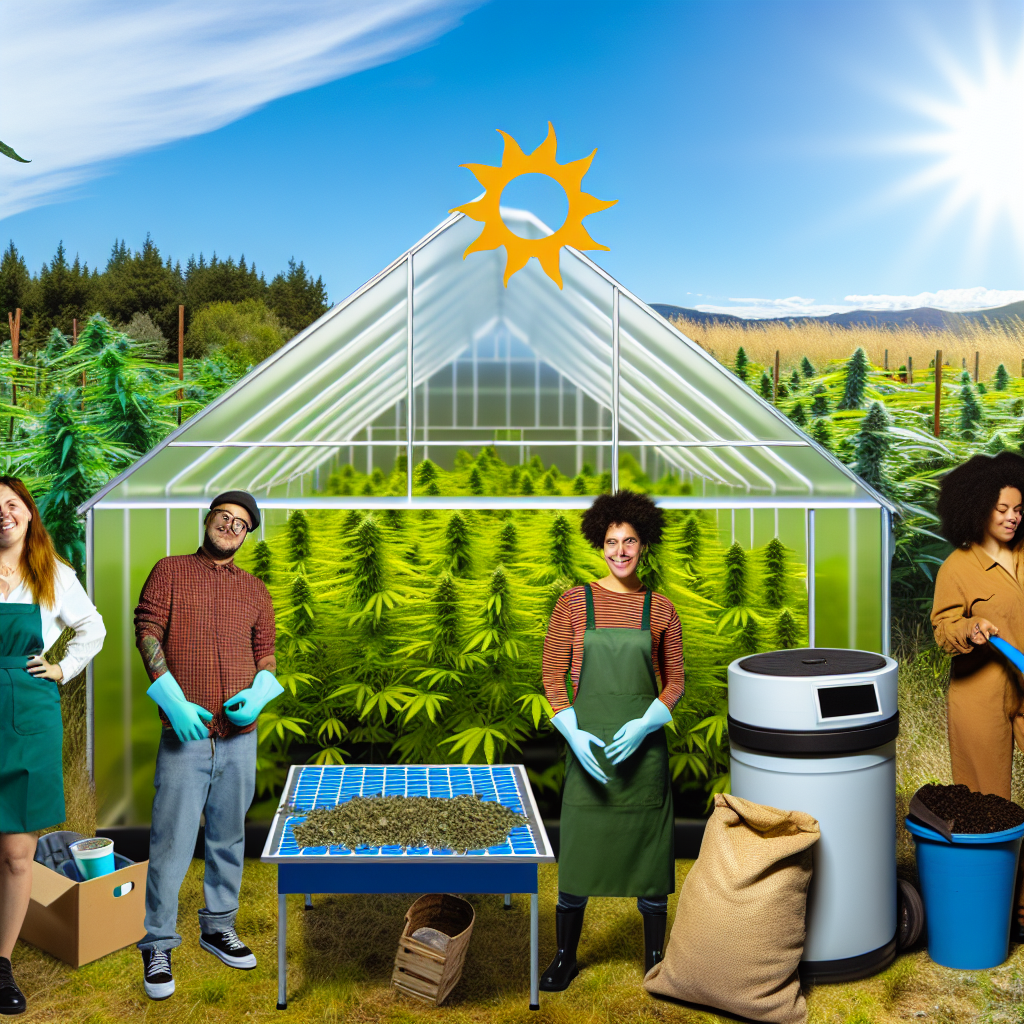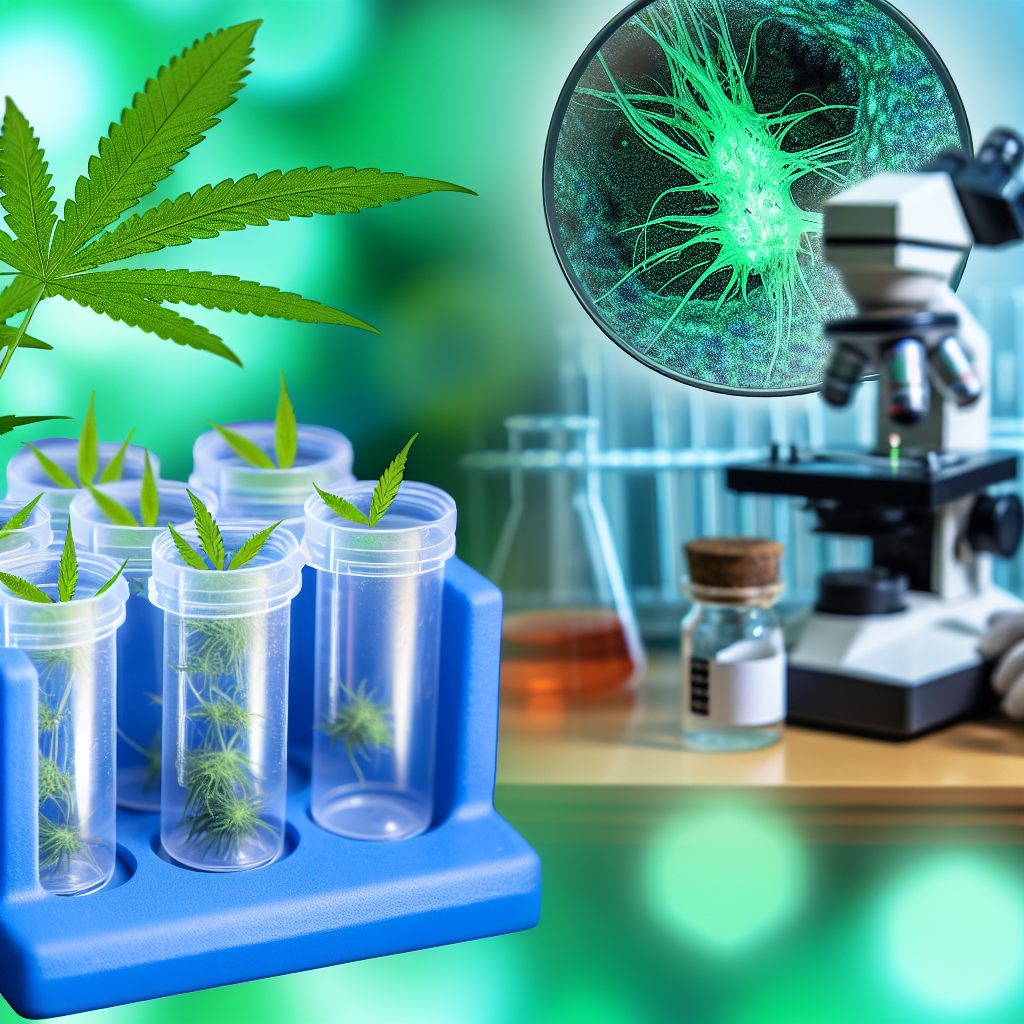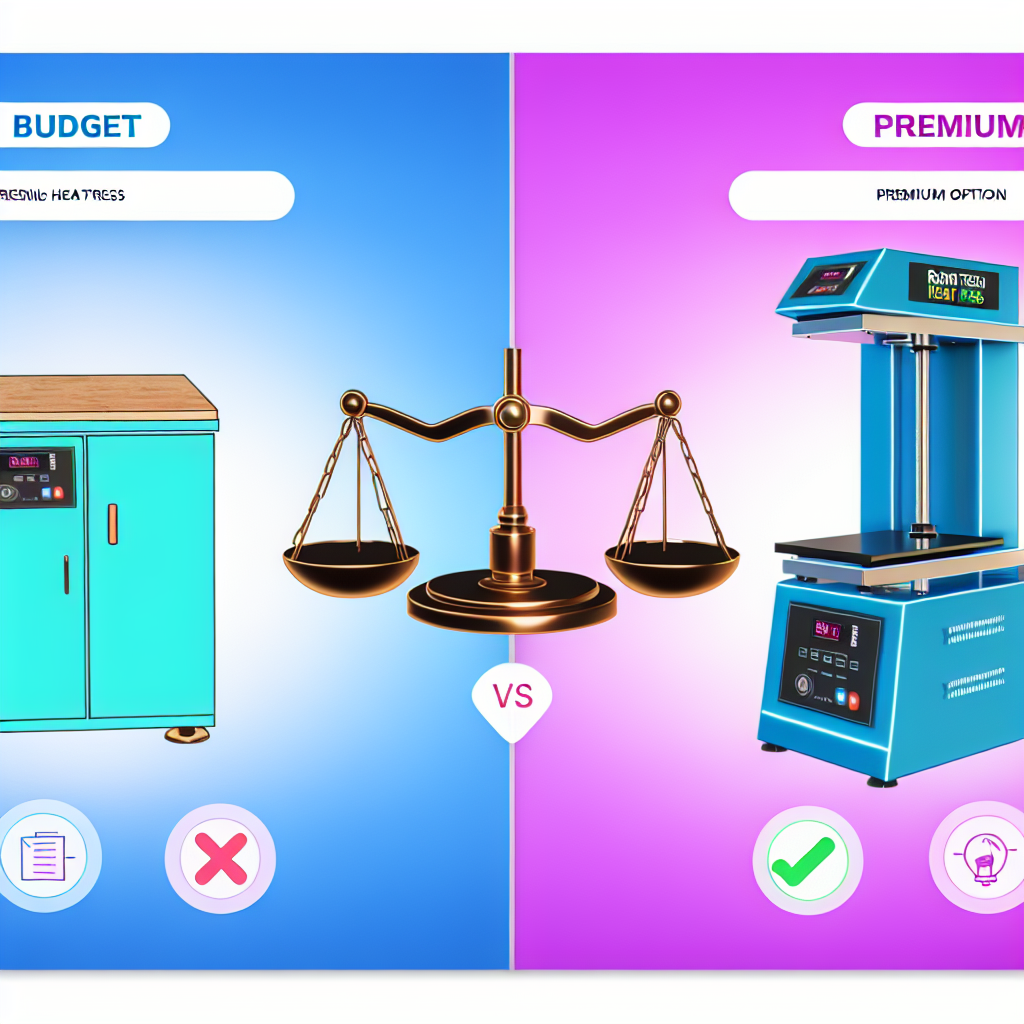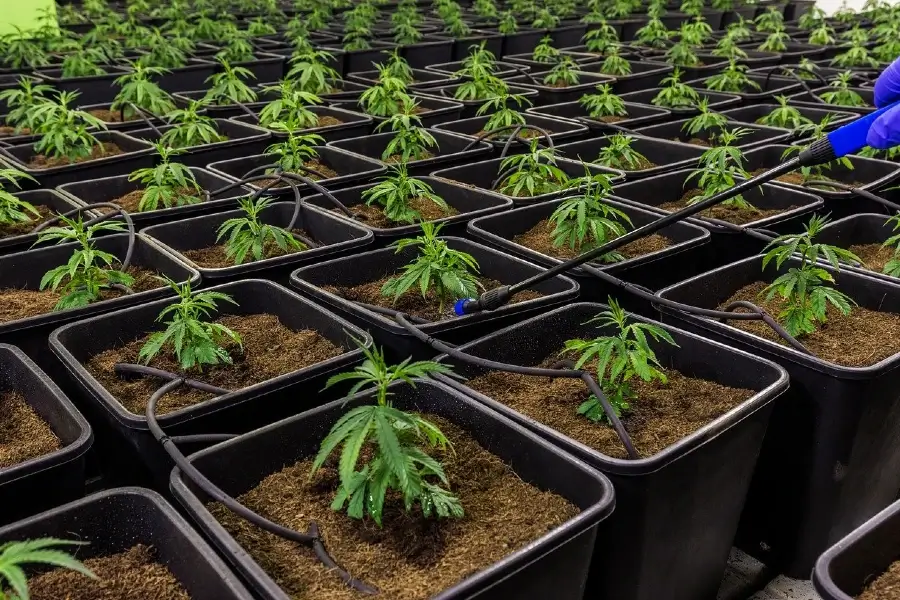Cannabis Industry Sustainability Practices
Understanding Sustainability in the Cannabis Industry
The cannabis industry has experienced explosive growth over the past decade, driven by increasing legalization and consumer demand. However, like any agricultural sector, cannabis cultivation and production have significant environmental implications. Issues such as energy consumption, water use, waste production, and carbon emissions have raised concerns about the industry’s long-term sustainability.
Sustainability in the cannabis industry refers to the adoption of environmentally friendly and socially responsible practices that minimize harm to ecosystems while ensuring efficient resource use. As the industry matures, cultivators, producers, and retailers are exploring innovative ways to reduce their carbon footprint and promote sustainable operations.
One of the biggest environmental concerns in cannabis cultivation is energy consumption. Indoor growing facilities often rely on artificial lighting, ventilation systems, and climate control, leading to high electricity use. According to a study from Colorado State University, indoor cannabis cultivation accounts for approximately 1.3% of total electricity consumption in the state. Efforts to integrate renewable energy sources, such as solar and wind power, are emerging as viable solutions to mitigate these impacts.
Water consumption is another pressing concern. Cannabis plants require significant amounts of water to thrive, and improper irrigation practices can lead to wastage. In regions with water scarcity, this poses a major challenge. Sustainable solutions, including rainwater harvesting, closed-loop hydroponic systems, and drip irrigation, are helping to optimize water use and reduce environmental strain.
In addition to energy and water concerns, waste management is becoming a critical issue. Excess plant material, packaging waste, and chemical runoff from cultivation threaten ecosystems. Many companies are adopting biodegradable packaging, composting organic waste, and implementing recycling programs to reduce their environmental footprint.
As sustainability becomes a priority, ethical sourcing and fair labor practices are also gaining traction. Many companies are focusing on sustainable supply chains, ensuring that cultivation and processing methods uphold environmental and social responsibility. Consumers and industry professionals are increasingly seeking out businesses that prioritize eco-conscious practices, further driving the demand for sustainable cannabis products.
Sustainable Innovations and Practices in the Cannabis Industry
With growing awareness about the ecological footprint of cannabis production, researchers and industry leaders are actively developing sustainable methods to mitigate environmental impact. Various professional and medical studies highlight key areas for improvement, including energy efficiency, waste reduction, and environmentally friendly cultivation techniques.
Energy Efficiency: Reducing the Carbon Footprint
A groundbreaking study published in *Nature Sustainability* found that outdoor cannabis cultivation generates significantly lower carbon emissions compared to indoor facilities. Researchers suggest that shifting to greenhouse or outdoor farming models can reduce the industry’s reliance on energy-intensive artificial lighting and climate control.
Organic and Regenerative Cannabis Cultivation
Another key area of focus is sustainable cultivation techniques. Organic farming methods, such as using living soil and natural pest control, are gaining popularity in the cannabis industry. A study conducted by the Rodale Institute emphasizes the benefits of regenerative agriculture in cannabis cultivation, highlighting how organic techniques can promote soil health, enhance biodiversity, and reduce the need for synthetic fertilizers.
Water Conservation: Sustainable Irrigation Strategies
Water conservation is also a major priority for sustainable cannabis cultivation. Research from the *Journal of Environmental Management* indicates that traditional irrigation methods contribute to excessive water usage and runoff pollution. Innovative water-saving technologies, such as automated monitoring systems and precision irrigation, are being adopted to optimize water usage and prevent resource depletion.
Eco-Friendly Packaging: Reducing Plastic Waste
Beyond cultivation, sustainable packaging is making strides in reducing environmental waste. The cannabis industry has been criticized for excessive plastic use in product packaging, leading to increased landfill contribution. A study by McGill University on biodegradable packaging alternatives highlights the viability of plant-based, compostable materials that can replace petroleum-derived plastics. Several companies are now experimenting with hemp-based biodegradable packaging, offering an eco-friendly alternative to traditional plastic containers.
Retail and Consumer Responsibility in Sustainability
Sustainable practices are also being implemented at the retail and consumer levels. Companies are offering bulk purchasing options, refillable containers, and compostable packaging to reduce waste. Additionally, sustainable cannabis certifications, such as Sun+Earth Certified and Cannabis Conservancy, are helping businesses adopt and showcase their commitment to eco-friendly practices.
Conclusion: A Sustainable Future for Cannabis
Sustainability in the cannabis industry is no longer an option—it is a necessity. As the industry expands, it must prioritize environmentally conscious practices that reduce waste, conserve resources, and promote ethical business operations. From energy-efficient cultivation to water conservation and biodegradable packaging, a shift toward sustainability is crucial for the industry’s long-term viability.
Consumers and professionals alike have the power to drive change by supporting companies committed to sustainable practices. By embracing innovation and responsible production methods, the cannabis industry can continue to thrive while protecting the planet for future generations.
Summary:
The cannabis industry is facing growing concerns over its environmental impact, including energy consumption, water usage, and waste production. As the industry matures, cultivators, producers, and retailers are exploring innovative sustainable practices to mitigate these issues. Key areas of focus include renewable energy, organic farming, water conservation, and eco-friendly packaging. Consumers and industry professionals can drive change by supporting companies committed to sustainability, helping the cannabis industry thrive while protecting the planet.
References:
1. Colorado State University Study on Cannabis Energy Consumption
2. Nature Sustainability Study on Carbon Emissions in Cannabis
3. Rodale Institute Study on Regenerative Agriculture
4. Journal of Environmental Management Study on Water Conservation
5. McGill University Study on Biodegradable Packaging




